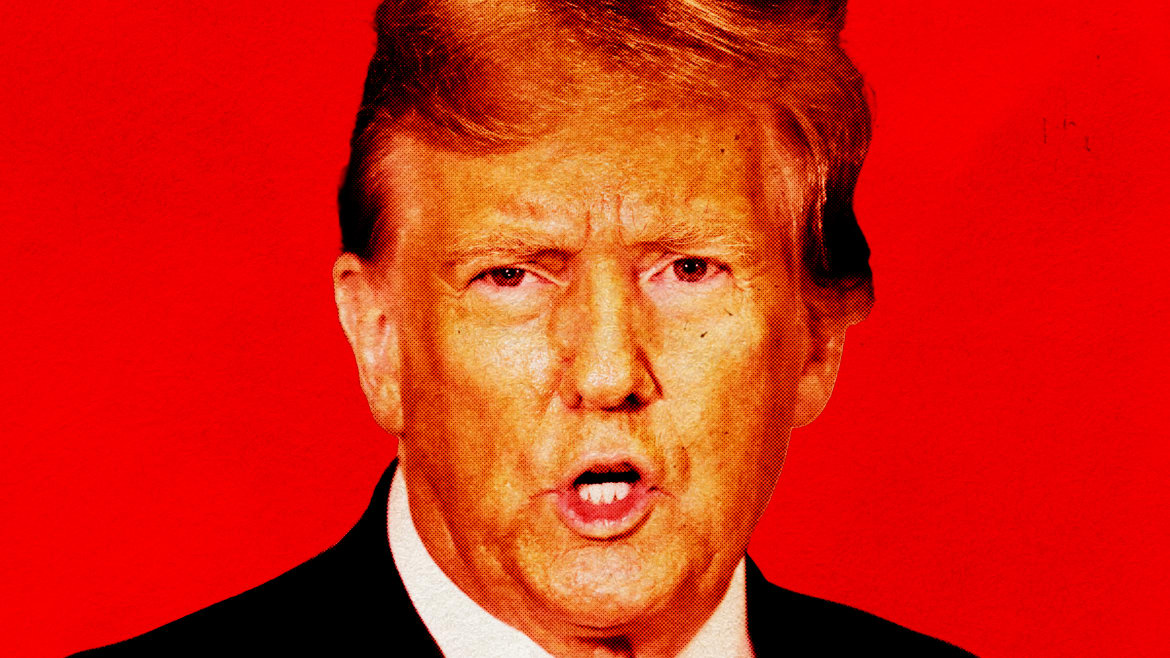 Photo Illustration by Thomas Levinson/The Daily Beast/Getty
Photo Illustration by Thomas Levinson/The Daily Beast/GettyThursday saw closing arguments in Donald Trump’s New York civil fraud case, one of the seemingly innumerable legal challenges Trump faces all stem from his alleged frauds—civil and criminal—he has perpetrated on the public. In the New York case, he is fighting to hang on to his businesses, but its trajectory also teaches us a great deal about his coming fights for his freedom in the criminal fraud cases.
The inescapable headline coming out of Thursday will be Trump’s lashing out at Judge Arthur Engoron and Attorney General Letitia James when the former president was allowed to address the court. Even though Judge Engoron ruled he could only talk about the evidence and relevant facts of the case, Trump barreled forward—ranting about supposed bias, bemoaning how he has been victimized, and claiming the entire case was a “political witch hunt.” He even ludicrously demanded that he should receive damages.
But that headline is a bit misleading because there was actually an interesting and important substantive debate Thursday about whether the state made its case. As we explain in a major new report, Trump’s and his counsel’s colorful antics have often overshadowed the more legally important events. That has included significant blows landed by both the prosecution and the defense. The bottom line of our analysis is that Trump is going to lose and, if anything, his legally irrelevant outburst was a temper-tantrum triggered by his knowledge of the coming negative outcome in the case.

 1 year ago
556
1 year ago
556 
















 English (United States) ·
English (United States) ·